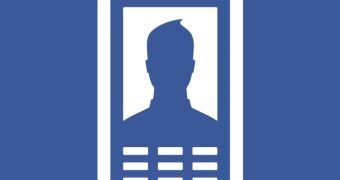Last week, Facebook unveiled to great fanfare Internet.org, a new initiative to bring the Internet to the rest of humanity, the five billion or so people without access.
It's a noble goal, and Facebook partnered with several technology companies to tackle all the obstacles, the economics and the technology, at the software, hardware, and network levels.
But details on how exactly all of this would be achieved were light. Now, Facebook creator Mark Zuckerberg has provided more insight into how he plans to make universal Internet access a reality and why he chose to back this project.
In an interview with Wired, Zuckerberg explained that he believed the Internet and what it enables, i.e. access to knowledge, will fundamentally improve the life of every person on the planet, even the poorest.
Universal Internet access would lay the groundwork for a society where knowledge is the most important resource and where anyone without access to it would be inherently disadvantaged.
The benefits of universal access won't be visible immediately, but laying the foundation ensures that people can take advantage of it later on.
In order for everyone to have access, Internet has to be cheaper. Right now, Zuckerberg argues, the biggest cost factor is actually data, not the device, i.e. the phone to access the web.
Zuckerberg explains that optimizations at the app level – Facebook is already working on that –, but also at the network level, can significantly decrease data usage.
What's more, limited text-only services could drive down costs even further. Zuckerberg envisions a basic free service available through everyone.
Carriers could offer free access to search engines, Wikipedia, social networks, and other essential sites, ensuring that everyone can benefit at least in some way, the only requirement being a phone.
Zuckerberg believes that carriers could actually be persuaded to offer these services for free as a way of getting people accustomed to the idea of accessing the web and start paying data fees to access the rest of the Internet.

 14 DAY TRIAL //
14 DAY TRIAL //